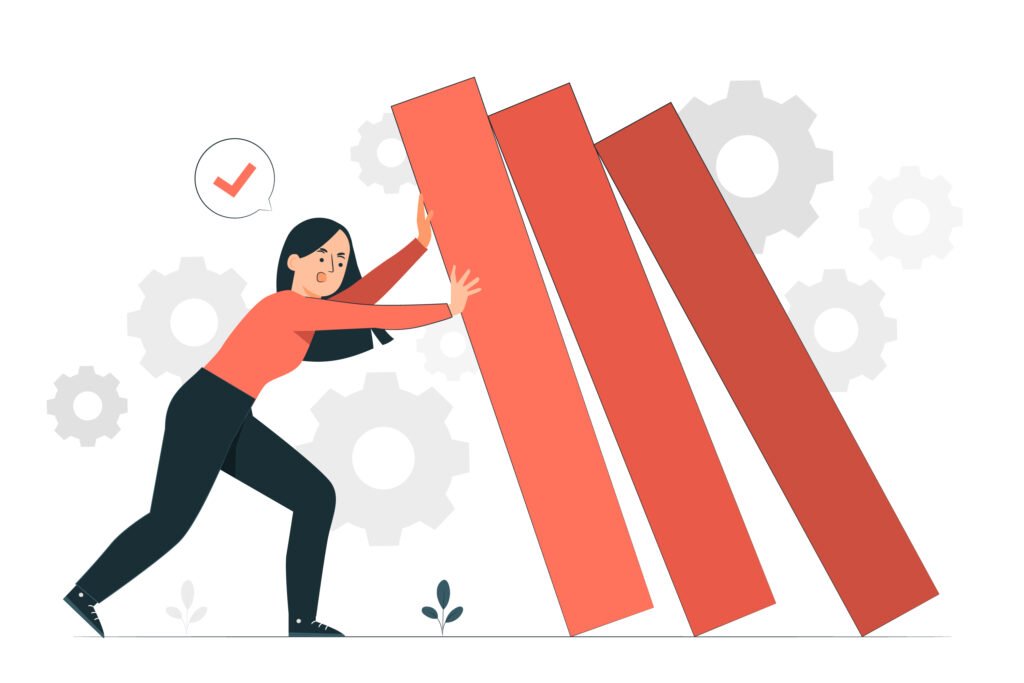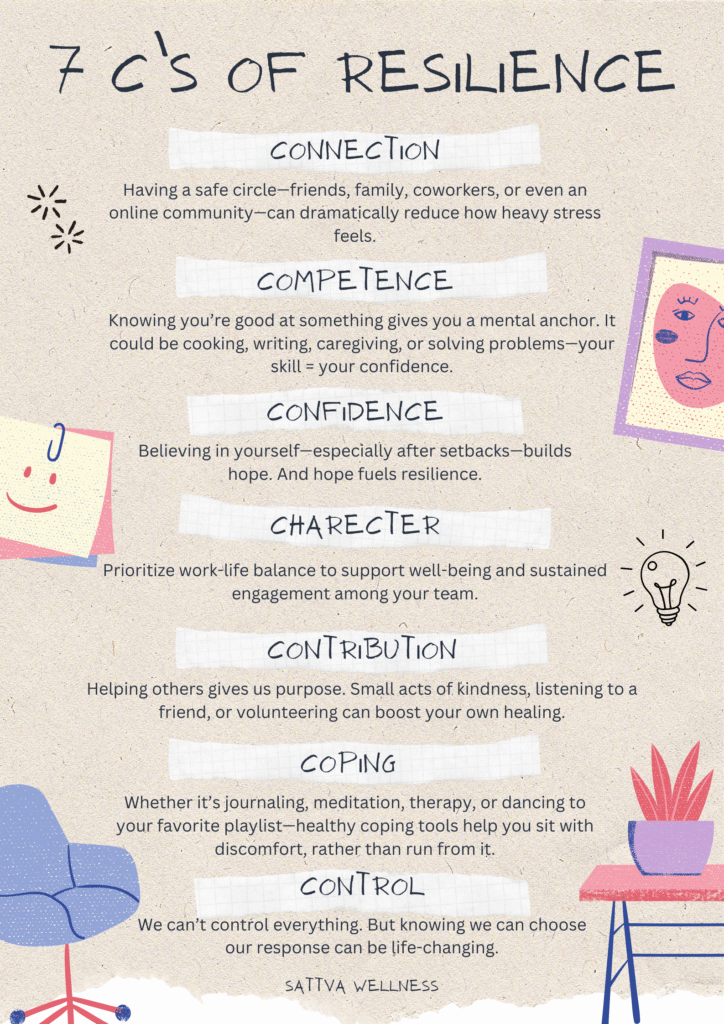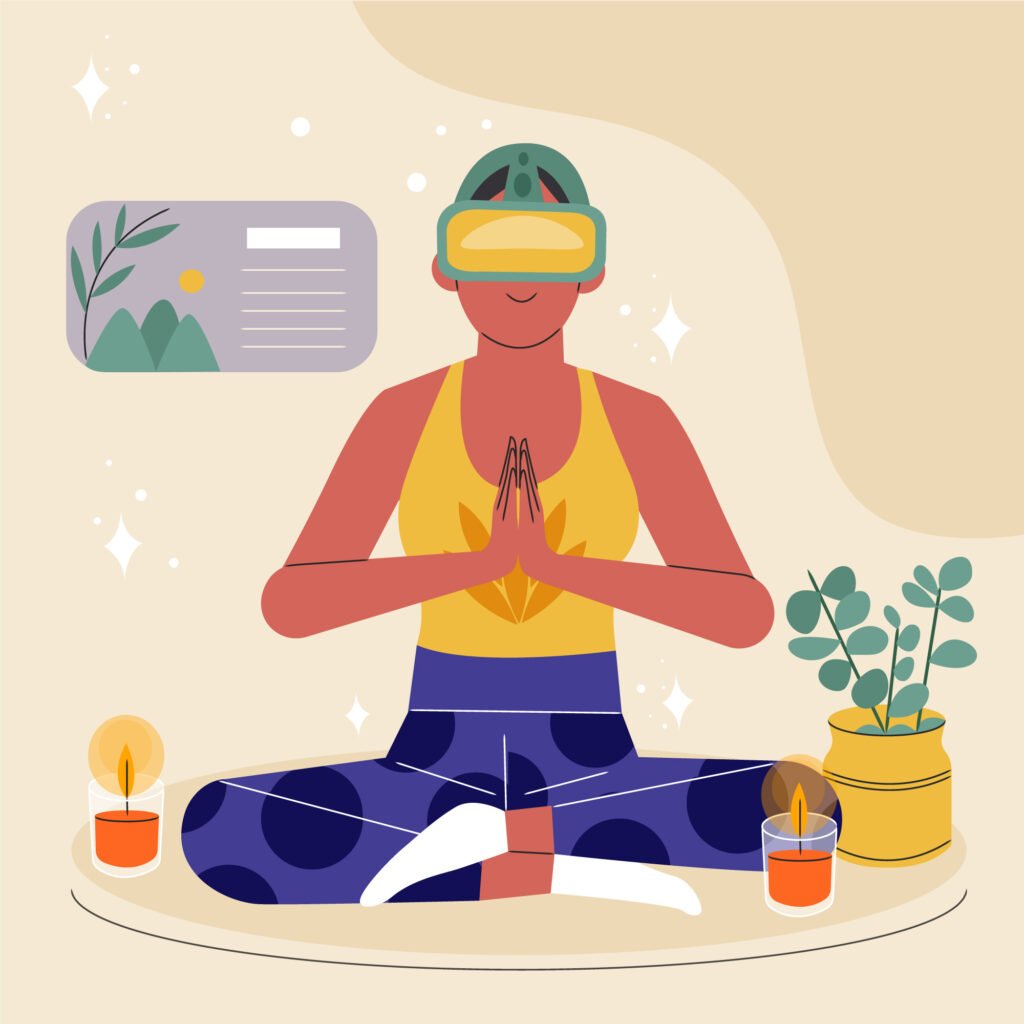A Gentle Guide to Bouncing Back Without Burning Out So, What Is Resilience? Ever wondered what resilience really means? Is it something only a few people are born with—or can it be learned? In simple terms, resilience is your ability to adapt to stress and bounce back from difficult experiences without losing your emotional well-being. It’s not …
A Gentle Guide to Bouncing Back Without Burning Out
So, What Is Resilience?
Ever wondered what resilience really means? Is it something only a few people are born with—or can it be learned?
In simple terms, resilience is your ability to adapt to stress and bounce back from difficult experiences without losing your emotional well-being. It’s not about never feeling pain or sadness. It’s about not giving up when life gets hard.

The truth is:
- You don’t need to be strong all the time.
- You don’t need to be “fine” all the time.
- You don’t need to fix everything.
Resilience is not about powering through. It’s about facing the storm with self-compassion, knowing that healing isn’t linear—and neither is strength.
Can You Build Resilience? Absolutely.
Resilience is not something you either have or don’t have. It’s a skill. Like learning to ride a bike, or building a muscle. Some people might naturally bounce back quicker—but for most of us, it’s a practice.
And no, being resilient doesn’t mean being emotionally numb or putting on a brave face. It means choosing to feel, fall, and rise at your own pace.
“Resilience doesn’t mean you never fall.
It means you always find a way to rise again.”
Who Needs Resilience?
(Hint: All of Us)
Whether you’re a housewife, a professional, a doctor, teacher, therapist, student, new parent, or freelancer juggling deadlines and emotions—resilience is for you.
It helps us:
- Manage tough conversations
- Face uncertainty without shutting down
- Recover from failure or loss
- Show up (even when we don’t feel our best)
Gentle Habits to Build Over Time
If you’re looking to nurture this skill, here are some practical starting points:
- Feel what you feel – Don’t rush to fix or numb pain. Name your emotions and sit with them.
- Talk to yourself kindly – Use the same tone you’d use for a friend going through something hard.
- Learn from setbacks – Instead of asking “Why me?” ask “What is this teaching me?”
- Make space for joy – Find pockets of light even on heavy days: chai, a walk, your pet’s face.
- Get support – Don’t underestimate the healing power of therapy, a good listener, or even a group space.

Resilience ≠ Never Falling. It Means Rising Slowly and Surely.
Resilience isn’t about being tough. It’s about being real and not about being perfect. It’s about being present and It’s not about going it alone.
So the next time you feel overwhelmed, take a breath. Remind yourself:
You are allowed to pause. You are allowed to not have it all together. And you are absolutely capable of coming back to yourself, over and over again.
Final Word:
You’ve made it this far and that already says so much about your strength. 🌿
Credits: Therapist Meera







